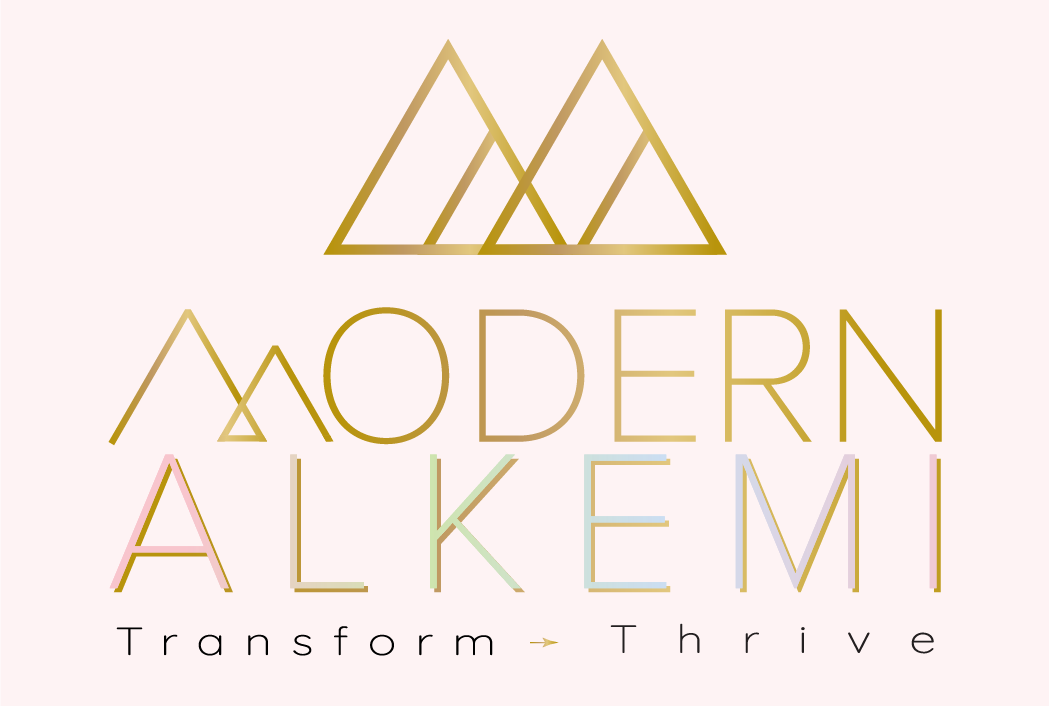Introduction
As a functional nutrition expert and naturopathic doctor, I’ve seen countless patients struggle with hormonal imbalances. One often-overlooked factor in maintaining hormonal health is proper mineral intake. In this post, we’ll explore how to optimize your mineral intake for hormone health, no matter your age.

Why Minerals Matter for Hormones
Minerals play a crucial role in hormone production, activation, and regulation. They act as cofactors for enzymes involved in hormone synthesis and serve as building blocks for hormones themselves. Without adequate minerals, our endocrine system can’t function optimally.
Key Minerals for Hormone Health
1. Magnesium
– Role: Supports thyroid function, helps regulate cortisol, and is involved in estrogen detoxification.
– Sources: Dark leafy greens, nuts, seeds, whole grains, and dark chocolate.
– Tip: Magnesium needs often increase with age and stress.
2. Zinc
– Role: Essential for production of thyroid hormones and sex hormones like testosterone.
– Sources: Oysters, beef, pumpkin seeds, and lentils.
– Tip: Absorption decreases with age, so older adults may need to pay extra attention to zinc intake.
3. Selenium
– Role: Critical for thyroid hormone conversion and antioxidant function.
– Sources: Brazil nuts, sardines, turkey, and eggs.
– Tip: Just 1-2 Brazil nuts per day can meet your selenium needs.
4. Iodine
– Role: Essential for thyroid hormone production.
– Sources: Seaweed, cod, dairy products, and iodized salt.
– Tip: While important, be cautious with iodine as both deficiency and excess can disrupt thyroid function.
5. Iron
– Role: Necessary for thyroid hormone synthesis and energy production.
– Sources: Red meat, spinach, lentils, and fortified cereals.
– Tip: Premenopausal women often need more iron due to menstruation, while postmenopausal women should be cautious about excess intake.
Optimizing Mineral Intake at Different Life Stages
Young Adults (20s-30s):
– Focus on building nutrient stores through a diverse, whole-foods diet.
– Be mindful of depleting factors like stress, poor sleep, and processed foods.
– Consider testing for deficiencies if experiencing hormonal issues like irregular periods or low energy.
Middle Age (40s-50s):
– Pay attention to increased magnesium and zinc needs due to stress and aging.
– For women, support hormone balance during perimenopause with adequate selenium and iodine.
– Men should ensure sufficient zinc for testosterone production.
Older Adults (60+):
– Address potentially decreased absorption of minerals, especially B12, iron, and calcium.
– Consider gentler forms of supplements if needed, such as magnesium glycinate or chelated zinc.
– Regular check-ups to monitor thyroid function and adjust mineral intake accordingly.
Strategies for Optimizing Mineral Intake
1. Eat a Rainbow: Consume a variety of colorful fruits and vegetables to ensure a broad spectrum of minerals.
2. Choose Quality: Opt for organic produce and grass-fed meats when possible to maximize mineral content.
3. Mind Your Gut: Support digestive health with probiotics and digestive enzymes to enhance mineral absorption.
4. Stay Hydrated: Proper hydration is crucial for nutrient transport and hormone function.
5. Consider Testing: Work with a healthcare provider to test for mineral deficiencies and tailor your intake.
6. Balance is Key: Remember that minerals work synergistically. Overdoing one can create imbalances in others.
7. Address Stress: Chronic stress can deplete mineral stores. Incorporate stress-management techniques into your routine.
When to Seek Help
If you’re experiencing symptoms of hormonal imbalance such as fatigue, weight changes, mood swings, or menstrual irregularities, it’s time to consult a healthcare professional. A functional nutrition approach can help identify and address underlying mineral imbalances contributing to your hormonal issues.
Conclusion
Optimizing mineral intake is a powerful yet often overlooked strategy for supporting hormone health at any age. By focusing on a nutrient-dense diet and addressing your changing needs throughout life, you can lay the foundation for balanced hormones and vibrant health. Remember, small, consistent changes in your mineral intake can lead to significant improvements in your hormonal well-being over time.
